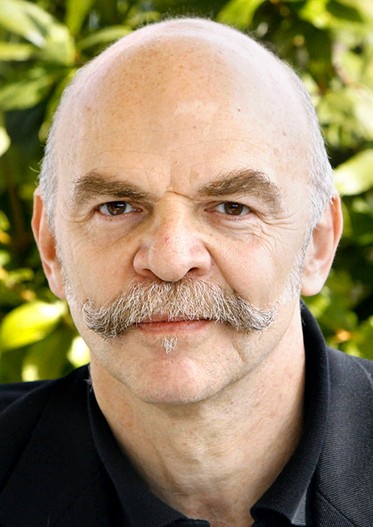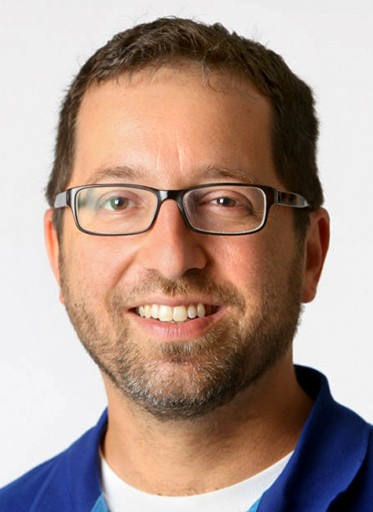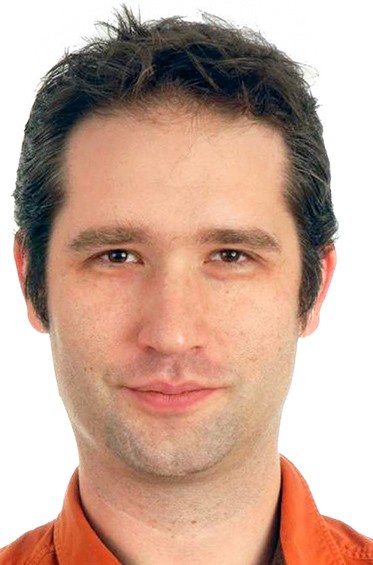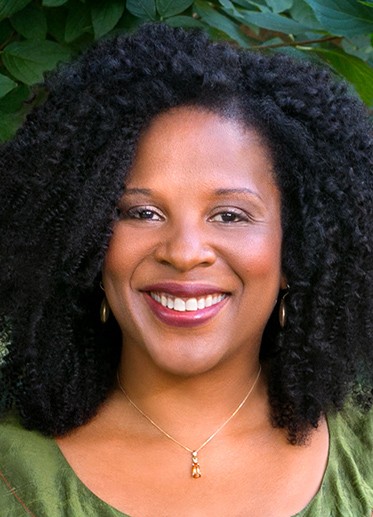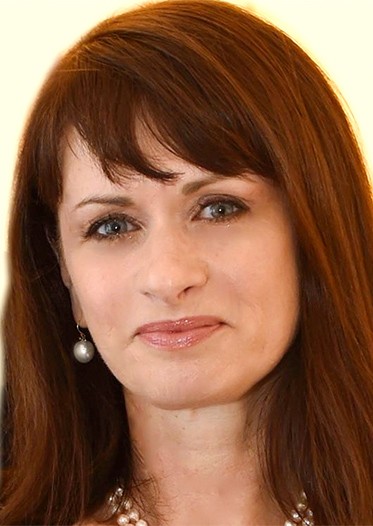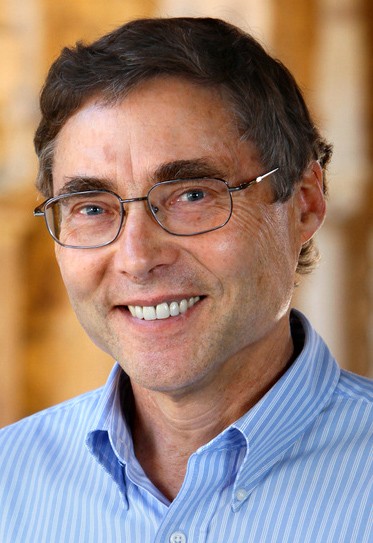Six A.D. White Professors-at-Large elected
By Daniel Aloi
A Nobel Prize-winning physicist, two bestselling authors and a leader in global sustainable agriculture are among six newly elected Andrew Dickson White Professors-at-Large at Cornell.
Their six-year terms are effective July 1, 2019 through June 30, 2025. Candidates are nominated by Cornell faculty members; appointments are considered following review and recommendation by a faculty selection committee.
Distinguished Argentinian fiction and nonfiction author and investigative journalist Martín Caparrós is considered one of the fundamental Latin American voices of our time. He writes in Spanish and English, with expertise in a range of cross-disciplinary topics including inter-American dialogue, war, extinction, food insecurity and climate change. As an op-ed writer in demand, he has written for The New York Times and Spain’s El País.
His 2016 book “El Hambre (Hunger: The Mortal Crisis of Our Time)” examines hunger as a continuing crisis among both the richest and poorest peoples on Earth and has been translated into 14 languages. The book helped Caparrós earn the prestigious Maria Moors Cabot award for outstanding reporting on the Americas in 2017 from the Columbia Graduate School of Journalism. A 1994 Guggenheim fellow, he also is a recipient of Spain’s prestigious literary honor, the Herralde Prize (2011).
Mathematician Jordan Ellenberg is a world-class scholar and communicator whose research focuses primarily on arithmetic algebraic geometry and number theory.
A prolific writer, Ellenberg is known for his lively and engaging prose. His debut novel, “The Grasshopper King” (2003), was described as “a profoundly absurd campus satire about immortality, obsession, obscurity and true love.” His 2014 book “How Not to Be Wrong: The Power of Mathematical Thinking” was a New York Times hardcover bestseller; his forthcoming book, “Shape” (2021), is about the ubiquity of geometry in modern life. Ellenberg’s essays, fostering a general appreciation of mathematics and its societal and technological role in the world, have appeared in The New York Times, The Washington Post, The Wall Street Journal, The Boston Globe, Wired and The Believer.
Bram Govaerts is a scientist renowned for pioneering, implementing and inspiring transformational changes for farmers and consumers in meeting sustainable development challenges. His work is geared to transforming subsistence agriculture and failed farming systems into productive and sustainable units. He is known for his energy, vision and innovation in food products and production, especially for small rural farms.
Govaerts specializes in bioscience engineering and soil sciences and brings together multidisciplinary science and development teams to integrate sustainable strategies – often through partnerships with an emphasis on capacity-building – that generate innovation and change in global agrifood systems. These initiatives have resulted in improved nutrition, nature conservation and resilience, and national and international security.
Tayari Jones is a New York Times bestselling author of four novels – “Leaving Atlanta,” “The Untelling,” “Silver Sparrow” and “An American Marriage,” the latter an Oprah’s Book Club selection, NAACP Image Award winner and one of Time magazine’s “10 Best Fiction Books of 2018.” It is a compassionate tale of families facing a flawed judicial system.
Jones’ work has been compared to James Baldwin’s, and she has few peers in contemporary Southern literature writing about complex realities. The National Endowment for the Arts added “Silver Sparrow” (2011) to its Big Read Library of classics in 2016. Her writing also has appeared in Tin House, The Believer, The New York Times, McSweeney’s and Callaloo. She is a professor of English and creative writing at Emory University.
Archaeologist and anthropologist Lynn Meskell’s work has transformed thinking on the way human society is shaped by the material world – bodies, places, things and the ruins of the past. A professor of anthropology at Stanford University, she is a leading scholar in the archaeology of Egypt and Neolithic Anatolia, and global heritage institutions.
Her multidisciplinary work has defined new areas of investigation, including social archaeology, heritage ethics and archaeological ethnography. Her current fieldwork explores the monumental regimes of archaeology and conservation in India – tracing the ways diverse actors and agencies attempt to address the needs of living communities, and the challenges the modern nation faces in preserving its past.
Carl Wieman is probably best known for his work in atomic and optical physics, and he also is a major figure in science education research. He won the 2001 Nobel Prize in Physics for the creation of a Bose-Einstein condensate, realizing a prediction Albert Einstein made in 1924 and launching a new field of physics research.
Science education research has become his sole focus in recent years, resulting in more than 100 published articles, many containing insights that can be exploited immediately by college science and engineering teachers to improve their teaching.
Wieman’s notable work in this field includes pioneering rigorous experimental techniques to develop and evaluate teaching strategies for effective college-level science teaching, and applying the results of cognitive psychology research on learning to college-level instruction. He is a chair in engineering and professor of physics at Stanford University and its Graduate School of Education.
The professors-at-large program at Cornell sponsors up to 20 outstanding scholars and public intellectuals at one time, in the life sciences, physical sciences, humanities, social sciences and the arts.
In each three-year period during their term, professors-at-large visit campus for about a week while classes are in session, to interact with students and faculty and enliven the intellectual and cultural life of the university. The program sponsors up to six visits per academic year, and activities such as public lectures and seminars.
Current A.D. White Professors-at-Large visiting this fall are:
• Life scientist-bioengineer Stephen Quake, Oct. 7-11. He will participate in a seminar and panel discussion on academic entrepreneurship Oct. 7 in Statler Auditorium; and delivers the keynote at the second annual Intercampus Campus Symposium, Oct. 11 at the College of Veterinary Medicine.
• Political scientist Steven Levitsky, Nov. 3-9. His public lecture, “How Democracies Die: U.S. Democracy Three Years After Trump’s Election,” is Nov. 7 in Klarman Hall.
• Ecologist Andrew Dobson, Nov. 10-15.
Media Contact
Get Cornell news delivered right to your inbox.
Subscribe